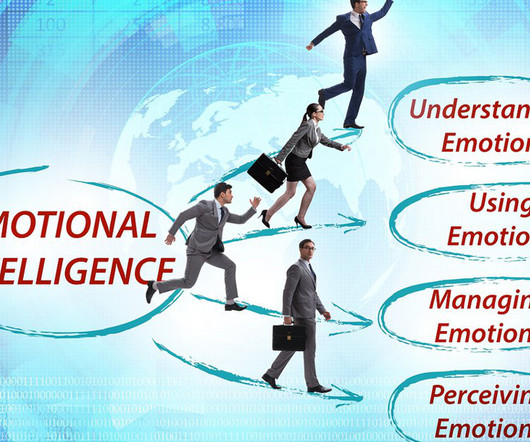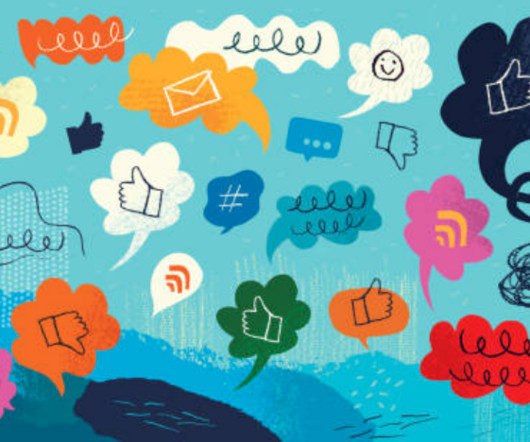The Rise of Emotional Intelligence in Leadership: Why It Matters More Than Ever
N2Growth Blog
APRIL 30, 2024
Understanding Emotional Intelligence: An Overview Emotional Intelligence, often referred to as EQ , signifies an individual’s ability to perceive, assess, and govern their own emotions while also empathetically engaging with the emotions of others.





































Let's personalize your content